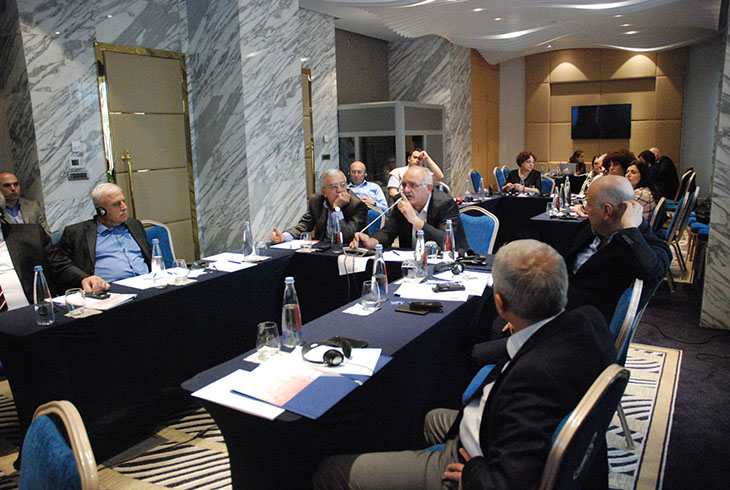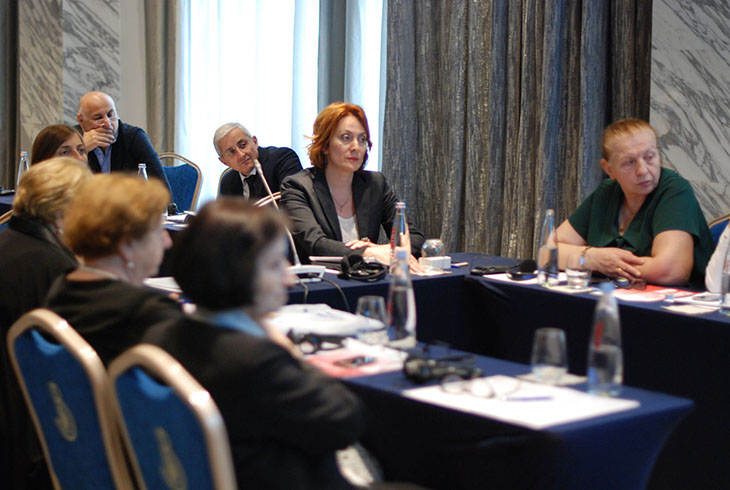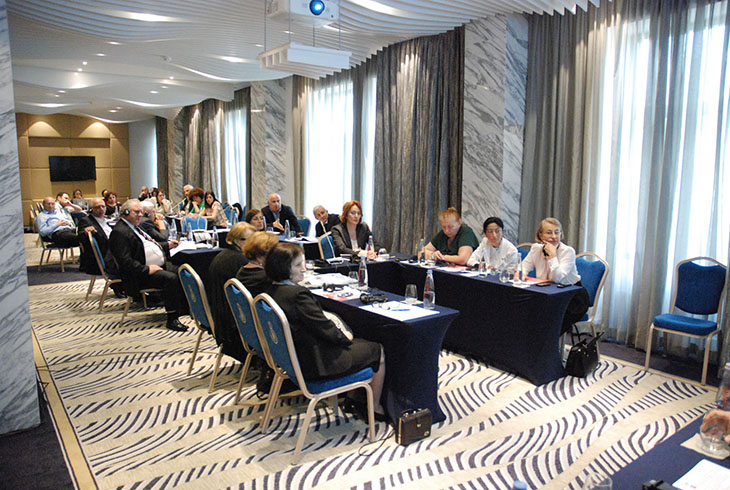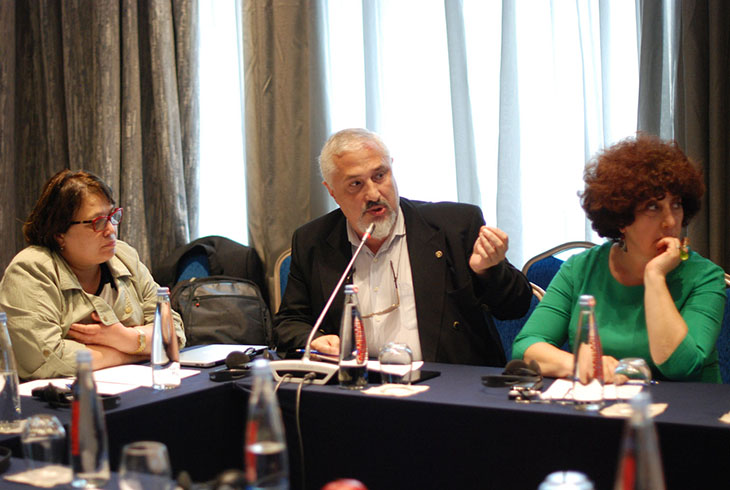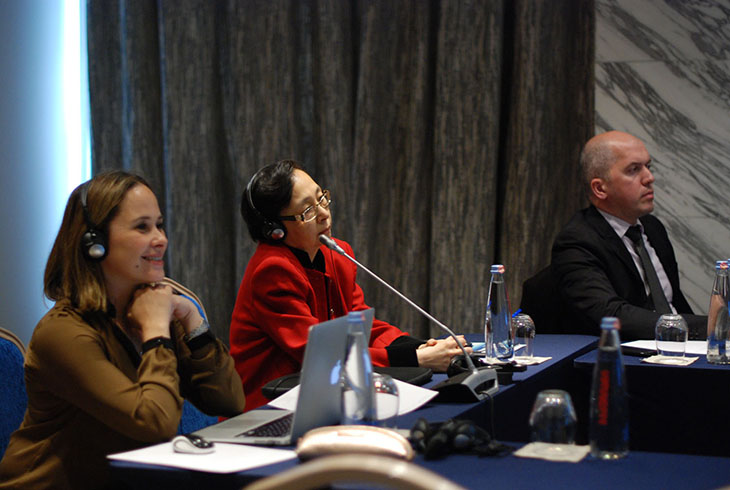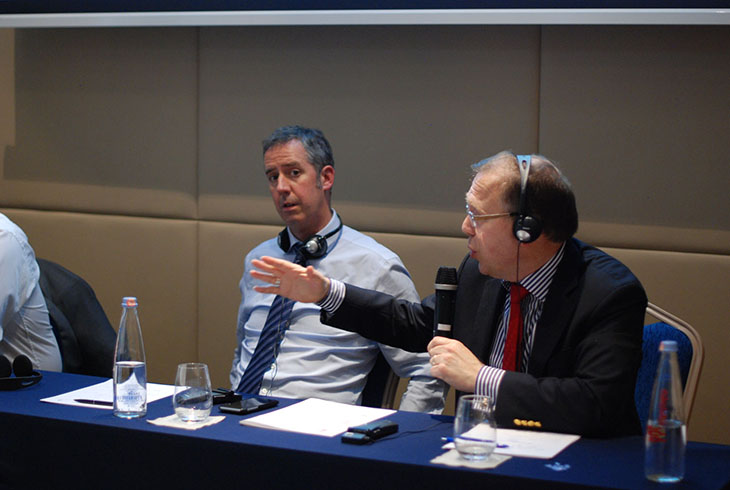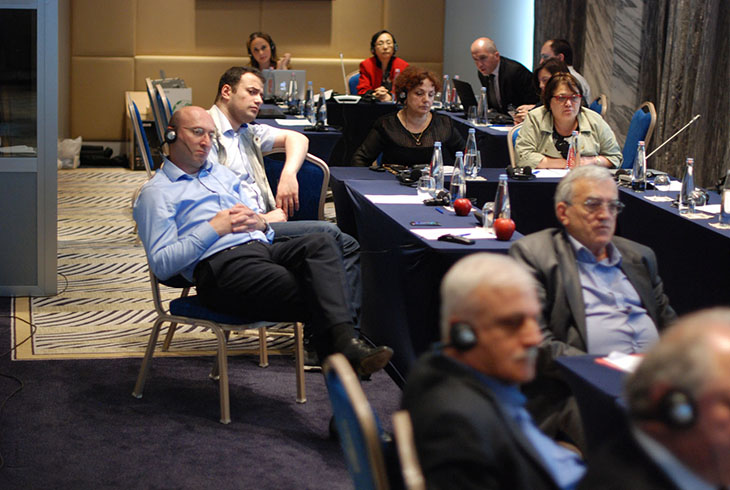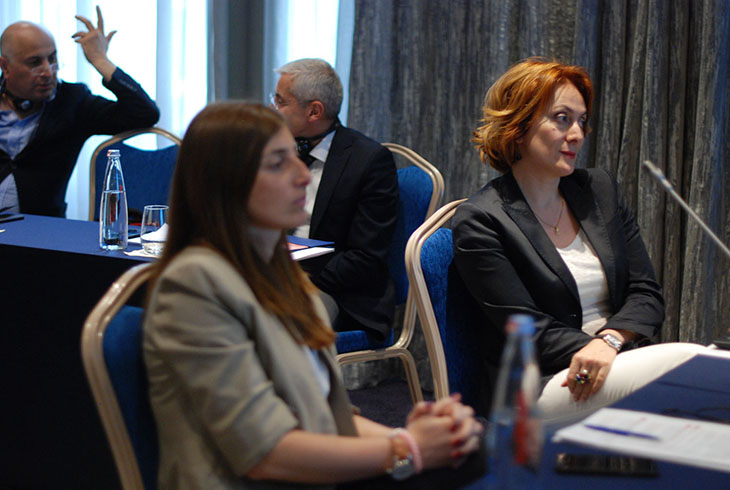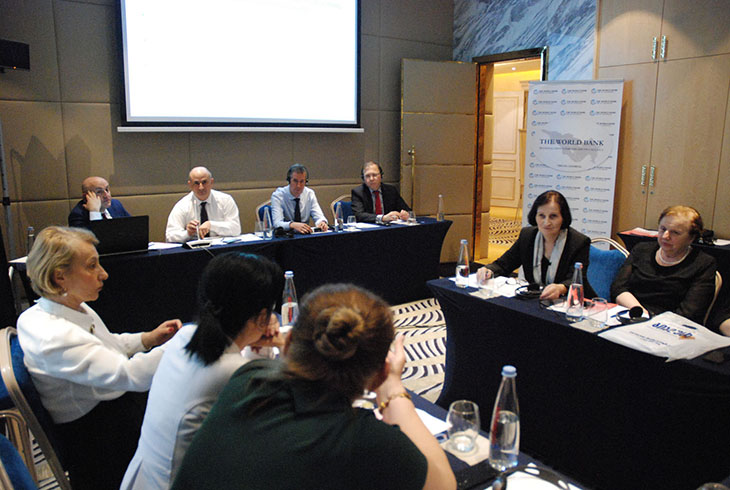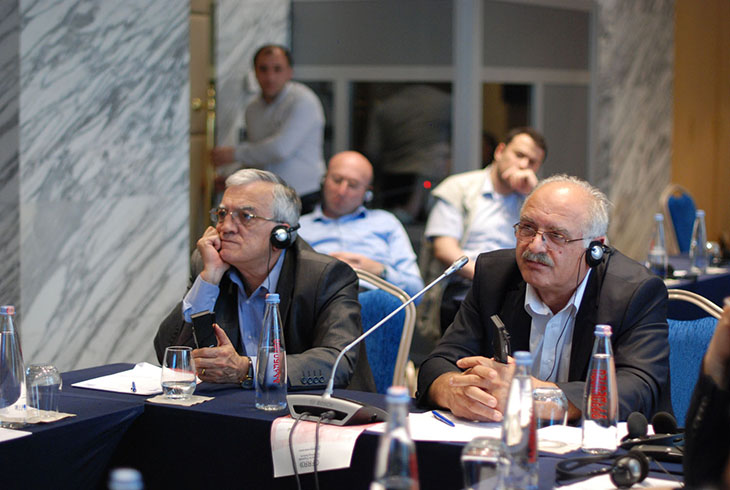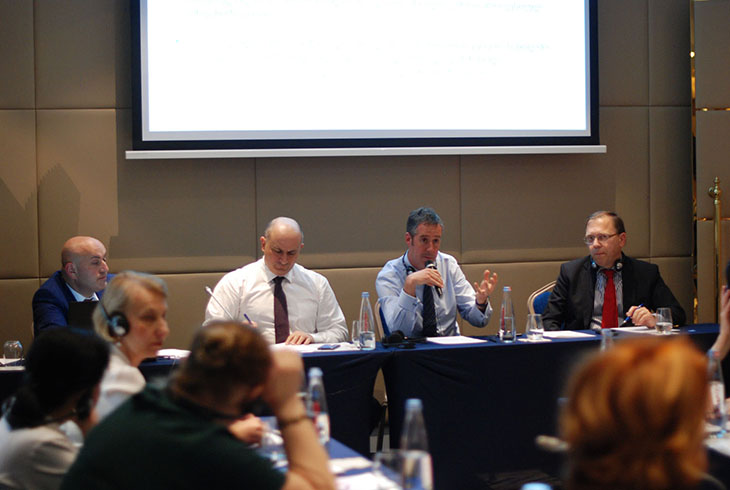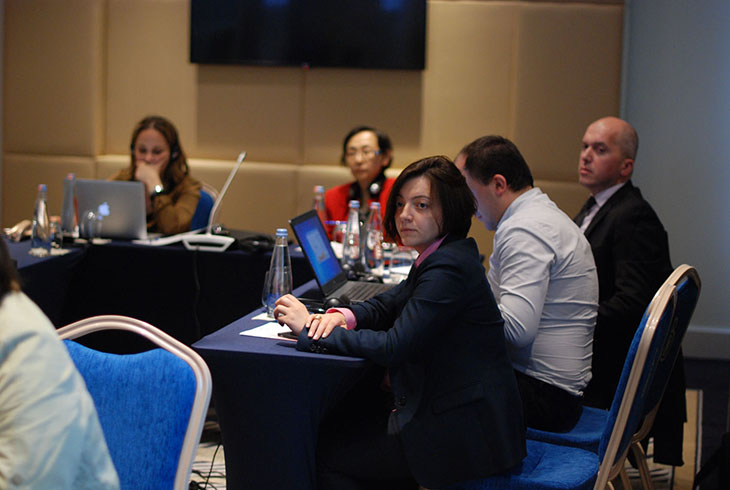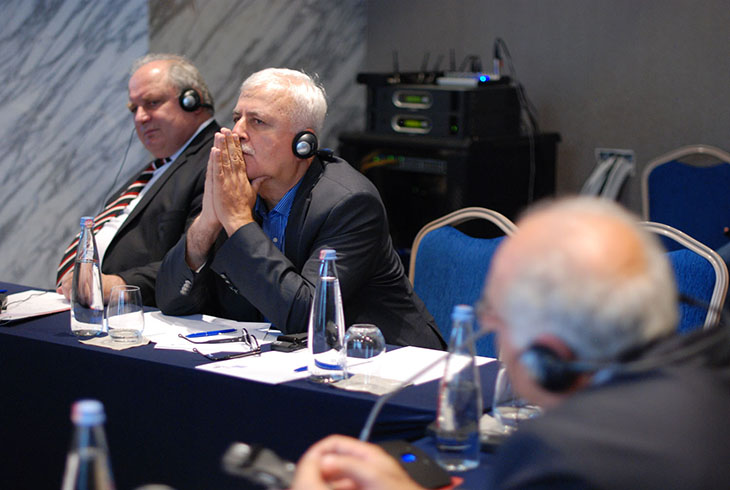On June 21-22, 2017, the World Bank’s CFRR organized the Workshop on the National Initiatives for Strengthening Accounting Education in Georgia. The event was organized within the Strengthening Auditing and Reporting in the Countries of the Eastern Partnership (STAREP) regional program, which is aimed to create a transparent policy environment and effective institutional framework for corporate reporting within the countries that make up the European Union’s Eastern Partnership: Armenia, Azerbaijan, Belarus, Georgia, Moldova and Ukraine.
Members of the STAREP Accounting and Auditing Education Community of Practice (EduCoP) are working together to modernize the education and development of accountants and auditors and develop a timetable for overhauling accounting education. Developing internationally compatible accounting education at both the university and professional development level is an underlying requirement for building the necessary capacity to support better quality corporate financial information.
The purpose of the Workshop was to disseminate the lessons learned at the regional level with the members of the Georgian community of practice, to strengthen the collaboration among the local universities and professional accountancy organizations, as well we to identify practical next steps in further modernization of the accounting and auditing education at both, university and professional levels.
The workshop was attended by 40 participants representing the Ministry of Education, universities, professional accounting organizations and regulators. Participants reviewed and discussed the International Education Standards and best international practices in accounting education reform. The key focus of the work within the second day of the event was on the current status of professional education in Georgia, brainstorming on the next steps in accounting education reform and national reform initiatives, and working together on developing detailed Country Action Plan.
The workshop provided an opportunity to underscore some of the advances that were made as a result of the STAREP Program including a comprehensive diagnostic of the accounting degree programs of the leading Public Universities. These diagnostic activities led to significant improvements being made to the existing programs by incorporating a new range of “learning outcomes”. These changes led to the achievement of “transfer credits” (exemptions) into one of the World’s top international Professional Accountancy Designations, the UK’s ACCA.
The event was also an opportunity to continue the discussion which began at the previous Regional EduCoP meeting in Minsk in October 2016 on the what initiatives were needed to further strengthen the quality of accounting and audit education in Georgia.
Some of possible initiatives which emerged during the two days of discussion:
- Continuing the work of developing competency-based education programs, ranging for University education to continuing professional development. Case studies and software to simulate real-life situations should be introduced for auditing in particular. This will ensure graduates and professionals are equipped with the skills, and able to provide the services required in Georgia.
- Continuing the capacity-building activities including technical and pedagogical skills to ensure universities and PAOs are able to converge with international best practices and International Education Standards.
- Fostering collaboration between Regulators, PAOs and Universities, to ensure greater recognition of programs in particular.
Participants emphasized the need for World Bank support to implement these initiatives.
Next steps will include follow-up meetings between stakeholders in Georgia to reach consensus on the various initiatives proposed and integrate them into a structured proposal. A draft proposal will be presented and discussed at the next Regional EDUCOP meeting. A final concept document (Country Action Plan) outlining current weaknesses and proposed development initiatives is to be ready by December 31st 2017.
